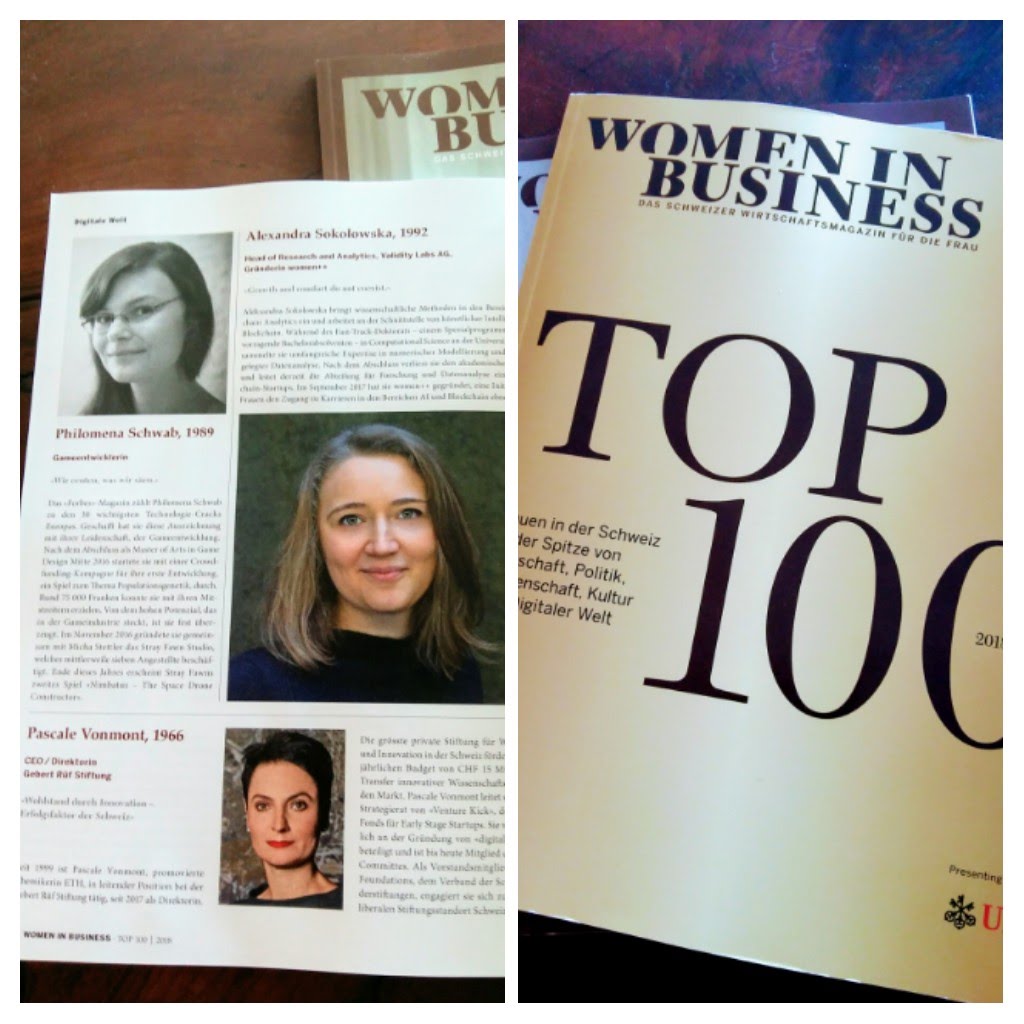My name is Aleksandra Sokolowska and I hold a BSc in Astronomy, MSc in Theoretical Physics and PhD in Computational Science (University of Zurich). Currently, I am a Postdoctoral
Research Associate at Brown University in the United States where I realize NASA-funded research on various planetary surface modification processes. Before that I obtained grants from NCCR PlanetS and University of Bern which
allowed me to conduct individual research at the University of Bern in Switzerland in the Planetary Imaging Group of the Physics Institute, home of the
Colour and Stereo Surface Imaging System (CaSSIS) onboard ExoMars Trace Gas Orbiter. Previously I worked in a variety of roles
both in academia and industry in Europe and North America, e.g. as a Machine Learning Engineer or Head of Research and Analytics both in California and Switzerland (also known as Silicon and Crypto Valleys). I care deeply about
empowering women, which is why I founded a non-profit organization to support careers of women in STEM
called women++. Once upon a time I was selected as one of the Top 100 women in business in Switzerland (2018). More about my professional
path can be found on LinkedIn.



Current research
As a postdoctoral researcher, I do physics-based modelling of geological processes which shape surfaces of planets in the Solar System. I am now particularly interested in what ejecta of impact craters can tell us about the past and present conditions on Mars and the Moon, which requires combining remote sensing data and hydrodynamics. I also study mass wasting processes on Mars such as rockfalls, as well as support science and operations of 3 different space missions (MRO HiRISE, ExoMars TGO CaSSIS, LUMIO).
Space research
As an undergraduate research assistant, I conducted observational studies of Active Galactic Nuclei at the Department of Radio Astronomy of Nicolaus Copernicus University in Poland. Soon after, I did an internship at the Institute for Theoretical Physics at the University of Zurich, where I was introduced to the field of computational astrophysics. Fond of what I've learnt, I then entered the Fast Track PhD program, which is usually awarded to "outstanding students seeking a scientific career". Over the years, I contributed with my work to our understanding of the environment of galaxies such as our own Milky Way.